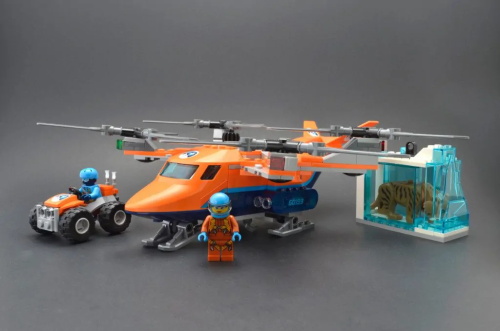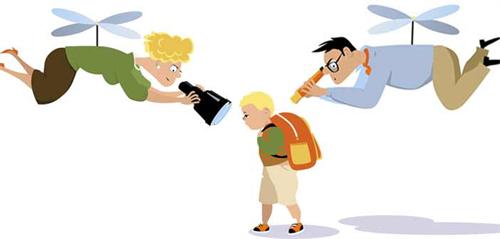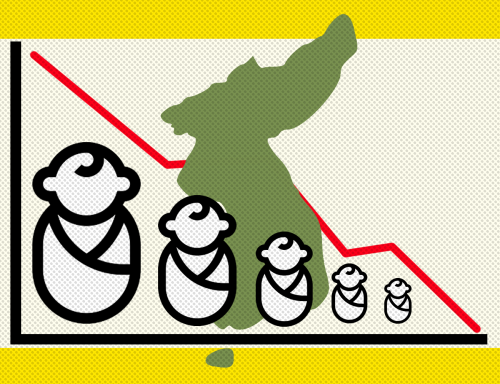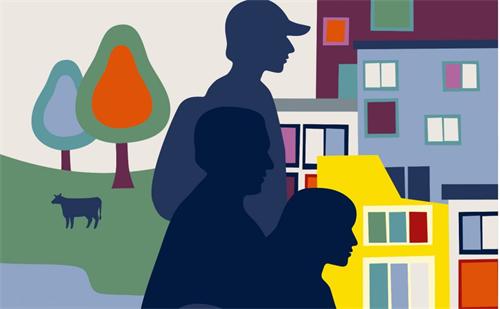Survival Skills Every Child Needs: Lessons from Global Education Trends

As global education undergoes rapid transformation, traditional knowledge-based teaching is being redefined. The classic subject-centered approach is gradually giving way to an educational philosophy that emphasizes "survival skills." In a world marked by uncertainty, complexity, and diversity, what children need is no longer limited to test-taking strategies and rote memorization, but rather the ability to adapt, solve problems, and grow continuously.
Why Are "Survival Skills" Becoming the New Core of Education?
In the past, “survival skills” often referred to basic life management abilities—like cooking, doing laundry, and budgeting—focusing on one’s physical independence in the real world. While these were highly practical in industrialized societies, they are no longer sufficient in today's digital and globalized age. Modern survival skills have evolved into comprehensive competencies, focusing not just on "what to do," but also on "how to think," "how to collaborate," and "how to navigate change."
At the heart of modern survival skills lies the ability to cope with uncertainty and face complex challenges in a rapidly changing world. This marks a fundamental shift in educational thinking—from "functional survival" to "sustainable growth."
The OECD Education 2030 Framework and Future Competencies
The Organisation for Economic Co-operation and Development (OECD), in its Education 2030 Learning Framework, introduced the concept of “Future Competencies.” It emphasizes that students need more than knowledge and skills—they must also develop sound values, attitudes, and the ability for lifelong learning. According to this framework, the goal of education is to prepare learners to become proactive participants and problem-solvers in an increasingly volatile, uncertain, complex, and ambiguous (VUCA) world—not passive recipients of change.
Global Examples: Educational Innovation in Practice
Countries around the world are making bold moves to embrace this new direction:
- Finland: Centers its education system on student well-being and autonomy, emphasizing problem-solving, collaboration, and mental health.
- Singapore: Transitioning from rote learning to a “learn how to learn” philosophy, incorporating Social Emotional Learning (SEL) across curricula.
- Canada: Promotes multicultural understanding and critical thinking, placing strong value on communication and inclusion.
- African Countries: In Uganda, for example, life skills education is integrated into basic education to help children cope with poverty, disease, and domestic violence.
- China: Embracing STEAM and labor education under a new curriculum that stresses holistic development across moral, intellectual, physical, aesthetic, and practical domains.
Essential Survival Skills for the Future
1. Digital Literacy
Beyond knowing how to use digital tools, digital literacy includes the ability to critically assess information, protect privacy, and understand ethical issues such as algorithmic bias. The EU defines digital literacy as “the confident, critical, and innovative use of digital technology in work, education, and participation in society.”
2. Emotional Resilience
Emotional management allows children to recognize and express their feelings, building better relationships and handling stress more effectively. To develop resilience, children need a secure base, appropriate challenges, growth-oriented feedback, and a supportive environment where failure is seen as part of the learning process.
3. Communication & Collaboration
Strong social and communication skills are essential for thriving in the future. Whether working in teams or navigating intercultural interactions, these abilities are crucial for both academic success and integration into a connected global society.
4. Critical & Creative Thinking
Critical thinking helps children evaluate information and question assumptions, while creative thinking offers new ways to solve problems. Together, they form the foundation for innovation and effective problem-solving in an unpredictable world.
5. Adaptability & Problem-Solving
Children must learn to respond to challenges with flexibility, analyze root causes, and devise effective solutions. These abilities represent not just “quick thinking,” but the deep learning needed to locate oneself in a complex environment.
6. Financial Literacy & Life Management
Understanding how to manage money, time, and daily responsibilities is vital for independence. Financial literacy teaches children to plan and spend wisely, while life management strengthens their organizational and practical skills.
7. Global Citizenship & Cultural Understanding
Children benefit greatly from exposure to diverse cultures, values, and beliefs. A global mindset helps them develop empathy, respect, and a sense of responsibility—essential qualities for effective international collaboration and inclusive thinking.
The Ultimate Goal of Education: Empowering the Future
Today, education is no longer just about passing exams or getting into top schools. The true purpose is to prepare children for a world that is fast-changing, deeply interconnected, and increasingly uncertain. We must teach them not only how to survive, but also how to thrive—to face challenges with confidence, explore the unknown with curiosity, and grow into individuals who can shape the future, not be shaped by it.
Recommended for you:







